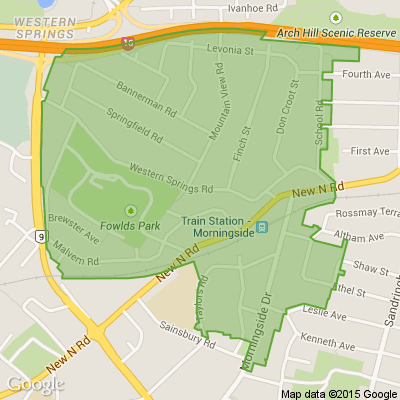Persistence and Attention to Detail (Day 7)
In the serene village of Te Ao Marama, a young Māori student named Aroha was studying engineering at a renowned university in Aotearoa (New Zealand). Aroha was a dedicated learner, carrying with her the aspirations of her whānau (family) and iwi (tribe). She approached her studies with the same principles her tūpuna (ancestors) had lived by: manaakitanga (care and respect for others), kaitiakitanga (guardianship), and a commitment to excellence.
Aroha had consistently achieved high marks in her studies, always earning recognition for her hard work. But when her third-year semester results were published, Aroha was disheartened to see her grades fall to a whakamanawa noa (average pass). One course, in particular, had received unusually low marks, and she couldn’t understand why.
Instead of reacting in frustration, Aroha reflected on the teachings of her kaumātua (elders): "Kia mau ki te tūmanako” — hold on to hope. She sought advice from her peers, who told her to let it go and move forward. They warned her that challenging the system could be risky and might even result in worse outcomes.
Aroha, however, trusted her instincts. She remembered how her tupuna would pause to think carefully before making important decisions. She went to the local marae for karakia (prayer) and spent time in quiet contemplation, asking for guidance. While reflecting, she recalled that during the exam, she had used extra paper to explain her calculations. A thought struck her: what if the additional pages hadn’t been reviewed?
With renewed determination, Aroha submitted a formal request for a recount (re - totaling of her marks). She included a note explaining that she had attached extra pages and asked the examiners to check whether they had been accounted for.
When the recount results came back, her suspicion proved correct—the additional pages containing key parts of her answers had been overlooked. Her recalculated score not only restored her distinction but also placed her among the top students in her class.
Aroha shared the news with her whānau, who celebrated her perseverance. But she also took a moment to thank her professors for their work and acknowledge the importance of the process.
Moral of the Story
This story reflects the principles of whakamanawa (perseverance) and aro nui (attention to detail). Aroha’s success came not only from her hard work but from her willingness to trust her instincts, reflect thoughtfully, and act with respect for the academic system.
Her journey also highlights manaakitanga—the importance of showing gratitude and care for others, even when seeking justice for oneself. For Aroha, her achievement was not just a personal victory but a way to honour her tūpuna and demonstrate how Māori values can guide success in all aspects of life.
Have you got New Zealand's best shed? Show us and win!
Once again, Resene and NZ Gardener are on the hunt for New Zealand’s best shed! Send in the photos and the stories behind your man caves, she sheds, clever upcycled spaces, potty potting sheds and colourful chicken coops. The Resene Shed of the Year 2026 winner receives $1000 Resene ColorShop voucher, a $908 large Vegepod Starter Pack and a one-year subscription to NZ Gardener. To enter, tell us in writing (no more than 500 words) why your garden shed is New Zealand’s best, and send up to five high-quality photos by email to mailbox@nzgardener.co.nz. Entries close February 23, 2026.

Poll: 🤖 What skills do you think give a CV the ultimate edge in a robot-filled workplace?
The Reserve Bank has shared some pretty blunt advice: there’s no such thing as a “safe” job anymore 🛟😑
Robots are stepping into repetitive roles in factories, plants and warehouses. AI is taking care of the admin tasks that once filled many mid-level office jobs.
We want to know: As the world evolves, what skills do you think give a CV the ultimate edge in a robot-filled workplace?
Want to read more? The Press has you covered!

-
51.9% Human-centred experience and communication
-
15% Critical thinking
-
30.1% Resilience and adaptability
-
3% Other - I will share below!
Learn
Hi everyone,
I am looking for a native English teacher for personal tutoring. If you know someone who offers private lessons, please let me know.
Please drop their contact details or email below. Thank you! ranpatige4@gmail.com







 Loading…
Loading…